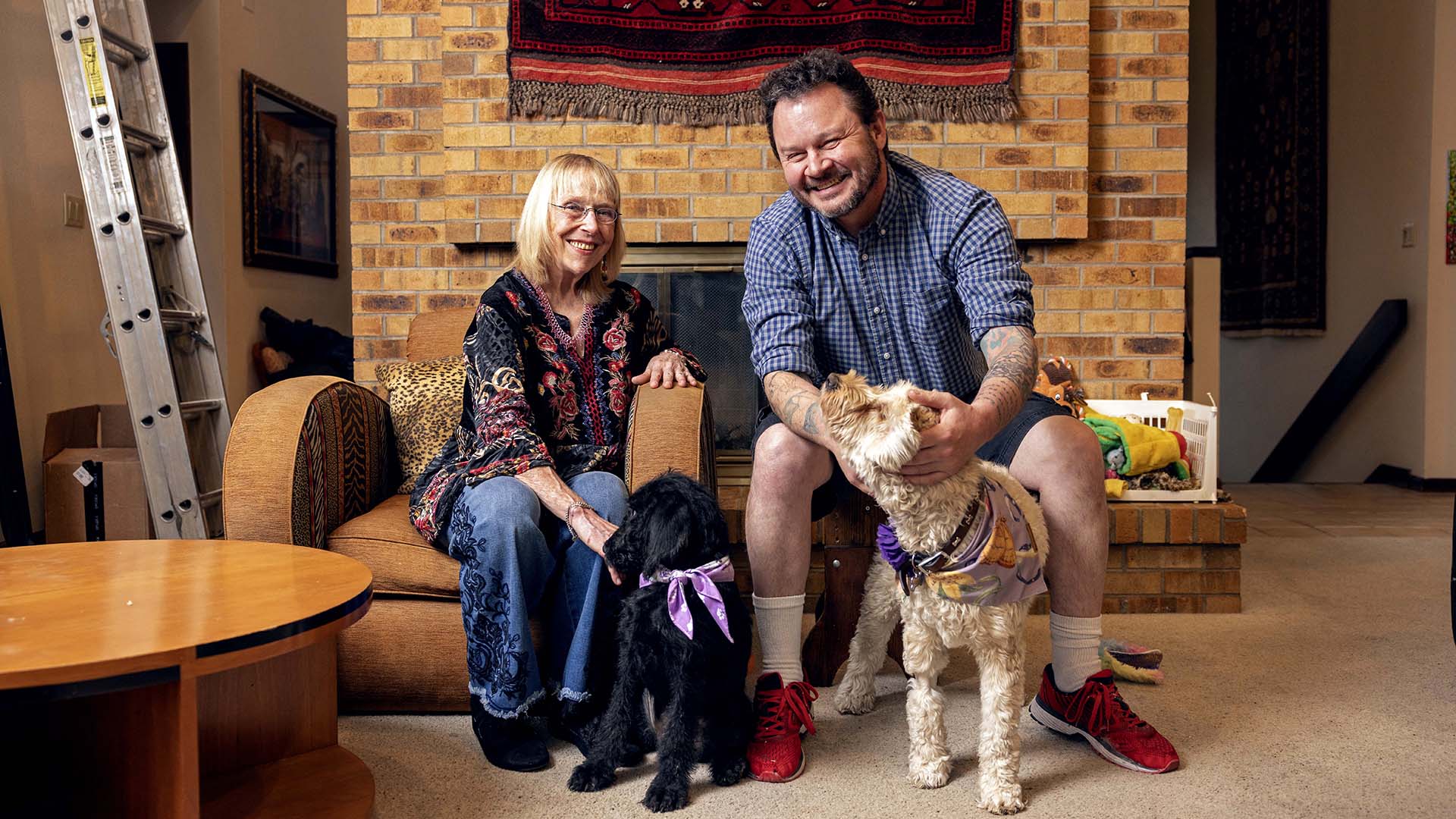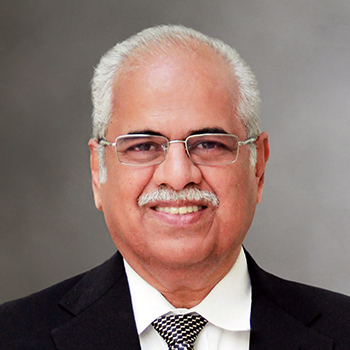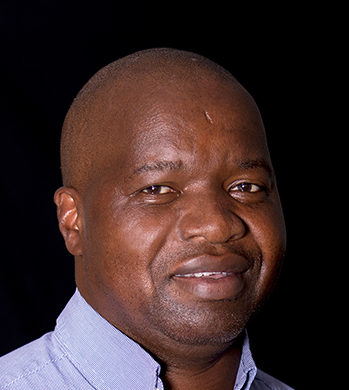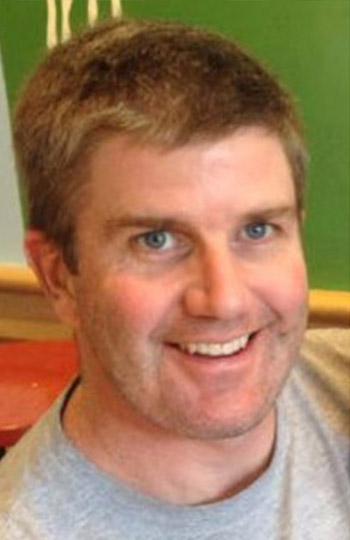MSU Denver debate team shines on global stage
A rejuvenated Roadrunners squad makes a strong showing at the European Union-sponsored Schuman Challenge
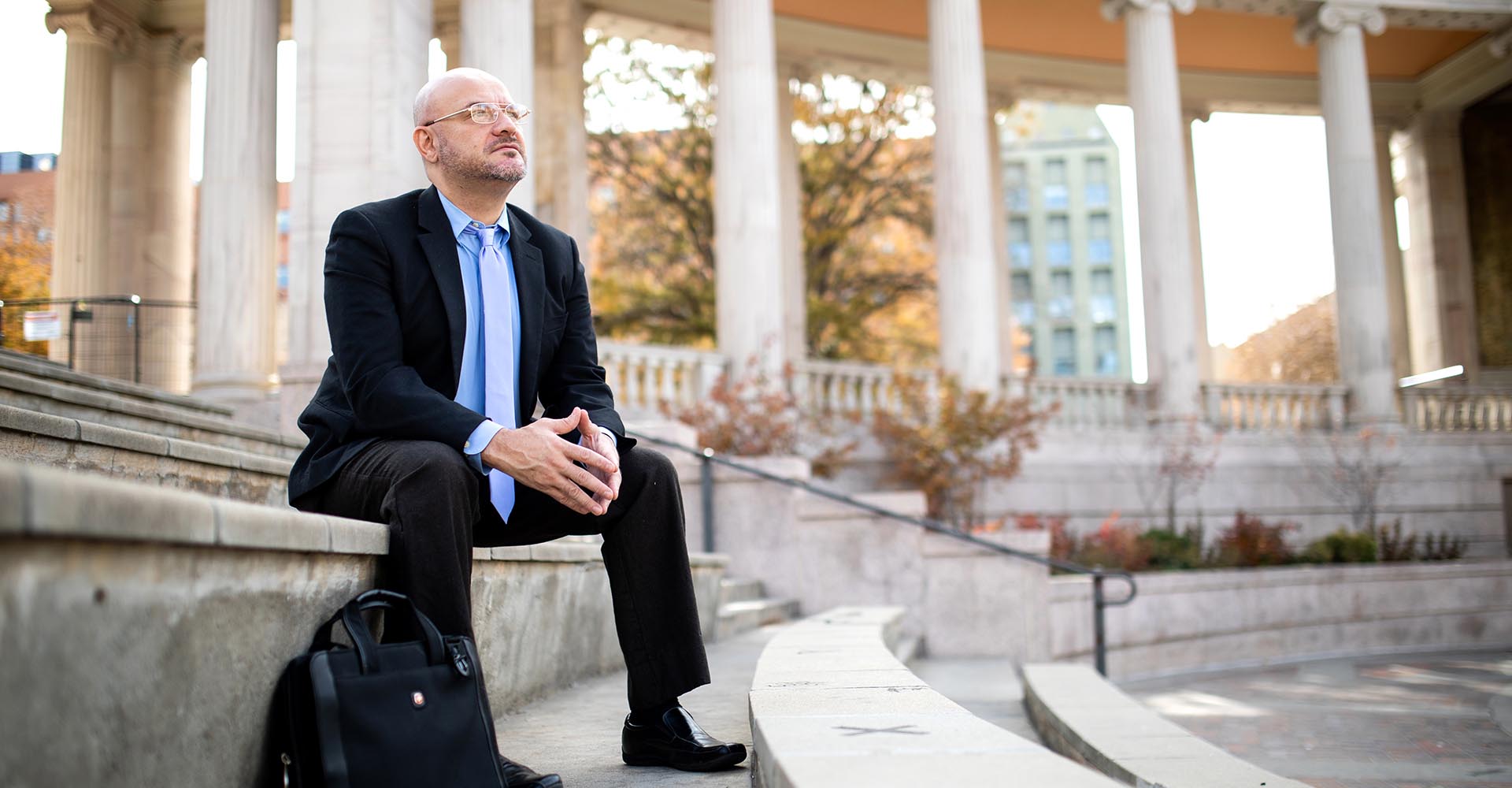
After a nearly 15-year hiatus, Metropolitan State University of Denver’s debate team jumped back into the fray by winning an honorable mention at the national Schuman Challenge, held Oct. 28-30.
This year’s Challenge, sponsored by the Delegation of the European Union to the United States, attracted 29 universities, including Harvard and other top schools. The undergraduate teams presented and defended their position on a joint U.S.-EU response to China’s alternative model of governance before several panels of international-relations experts.
The Roadrunners squad consisted of Matt Wicks, 25, a political-science major; Samantha Hitchcock, 28, a communication-studies major; and José Flores, 47, who is studying global civil rights through the Individualized Degree Program.
Because of the pandemic, this year’s competition was held virtually, which added to the intensity of the competition, Wicks said.
“It was a little strange to be sitting there talking to the European Union delegation from my kitchen table,” he said. “But we put in the hard work to adapt, and it really all came together in a beautiful way.”
The MSU Denver team addressed the oppression of the minority Uighur Muslim population in northwest China, said John Rief, Ph.D., the team’s coach and assistant professor of communication studies.
The team’s three proposed pressure-point strategies involved general sanctions and embargos for technology that enabled government surveillance; working with African nations to reduce China’s access to natural resources and rare-earth metals; and use of the Magnitsky Act, an Obama-era bipartisan bill that targets individual actors via visa bans and asset freezes.
The exercise wasn’t just academic, said Sheila Rucki, Ph.D., professor of political science, who, along with fellow political-science Professor Richard Moeller, Ph.D., served as a mentor to the team for the event. Transatlantic unifying relations haven’t been this fraught since the end of World War II.
“As we move into a new era, we have an opportunity to not only affirm the (U.S.-EU) alliance but to make it work toward a more inclusive vision of the values it professes,” she said. “Our outstanding debaters showed that the ideas needed to preserve and expand these liberal values on an international scale are there – and our students are going to be part of that.”
Time to take action
For Flores, this year’s Challenge theme took on a personal significance. After immigrating to the United States, he carved out a successful life without a college degree working as a paralegal at a Denver personal-injury law firm.
But everything changed for Flores in January 2017, when President Donald Trump signed an executive order that banned travelers from seven majority-Muslim nations from entering the United States. Flores decided he had to change his course so he could help change the direction of the country.
“I’m an immigrant too,” he said. “I knew it was time for me to take action, and I didn’t care how old I was; I needed to do what I could to change things.”

One step he took to improve himself was joining MSU Denver’s debate squad, which teammate Matt Wicks described as the “Little Engine That Could.”
MSU Denver’s honorable mention even bested Harvard. “It really says something about the quality of instruction at a place like MSU Denver,” Flores said.
“I’ve never done anything like this before, and it was an absolutely amazing experience,” he said. “Having direct exposure at that level of influence solidified my resolve that this is something I want – and can do.”
Back in action
The team’s showing in the Schuman Challenge marked an auspicious return for MSU Denver intramural/intercollegiate debate after a nearly 15-year hiatus.
Funded jointly by the Provost’s Office and the President’s Innovation Fund, MSU Denver’s debate program prepares Roadrunners for careers and postgraduate education and to be effective and engaged citizens.
“Debate helps students develop skills that employers value: communication, collaboration, leadership and advocacy,” said Dan Lair, Ph.D., chair and associate professor, Communication Studies. “Studies show that college debaters significantly outperform their nondebate peers over their careers in terms of salaries, promotions and voluntary job changes.”
Having students involved in events such as the Schuman Challenge allows them to experience the national and international civic spaces necessary for democracy to thrive, Rief said.
“These kinds of events remind us that it’s totally possible to engage in conversations that enhance our understanding of the world,” he said. “Plus, there’s a chance some of our students’ ideas could help influence international policy. How cool is that?”




